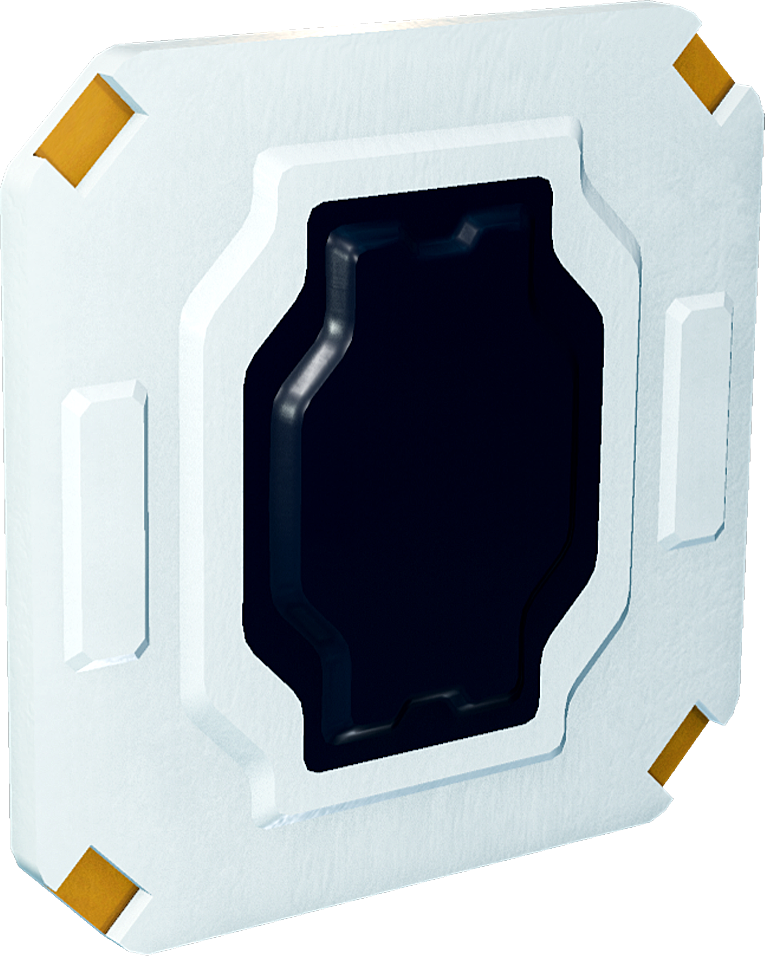Difference between revisions of "Rangefinder"
Jump to navigation
Jump to search
m (Template conversion) |
m |
||
| Line 89: | Line 89: | ||
== Device fields == | == Device fields == | ||
{|class="wikitable" | {|class="wikitable" | ||
| Line 113: | Line 108: | ||
|} | |} | ||
To learn more about how to use fields, consult these wiki pages: | |||
* [[Universal tool|Universal Tool]] | |||
* [[Data networks|Data networks]] | |||
* [[YOLOL|YOLOL]] | |||
[[Category:Devices and machines|Range finder]] | [[Category:Devices and machines|Range finder]] | ||
Revision as of 08:56, 21 May 2021
Rangefinder
Type YOLOL device
Function Measures distance
Availability Luxury Items
Size 72×72×6 cm
Mass 282.08 kg
Volume 28.35 kv
Corrosion resistance 400
Input / Output
Electric input 1 e/s
Device interfaces 1
Composition
The range finder is a laser pointer that reports the distance to the object it hits. If the range finder does not hit anything, it reports the search distance. The finder can be used on endoskeletons and other objects such as asteroids and ships.
Basic information
Range finders can be used to:
- Trigger changes when the detected range changes.
- Create balance systems for space ships by comparing ranges on the opposite sides of a ship.
- Hover ship elevation control by comparing a elevation level to a range finder.
How to use:
- Range finders are bolted to a hardpoint.
- Requires a power source, such as the generator.
- Once installed, its measured range can be found from RangeFinderDistance device field.
Power consumption when turned on: 1 electricity per second.
Device fields
| YOLOL field | description | range |
|---|---|---|
| RangeFinderOnState | Whether the range finder should try to be on. 0 is off, everything else is on. | |
| RangeFinderSearchLength | The maximum distance to check for hits, up to the device's maximum. Measured in meters. | 0 - 1000 |
| RangeFinderDistance | The output field which reports the distance the laser goes. Measured in meters. |
To learn more about how to use fields, consult these wiki pages:
